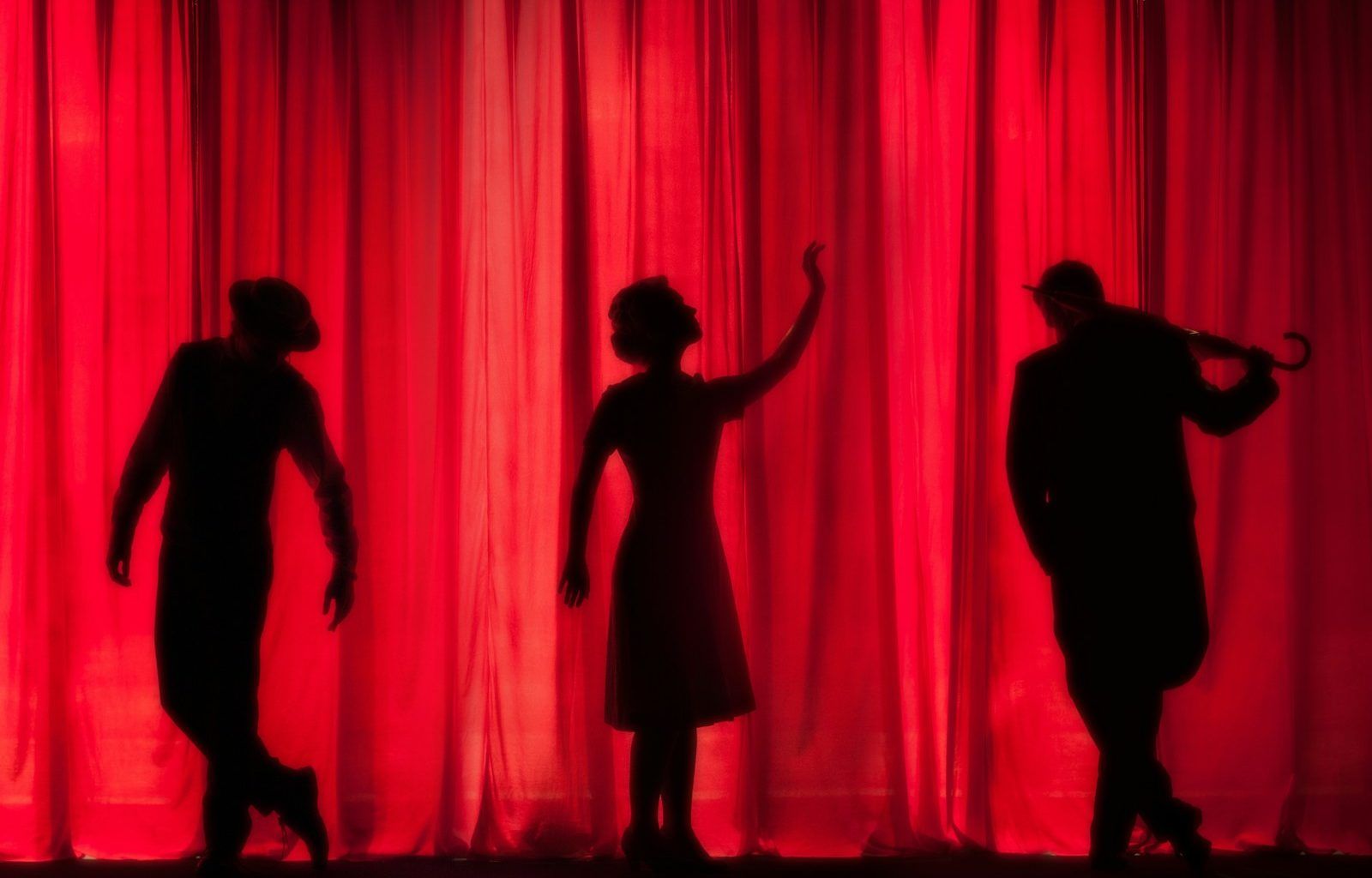Have you ever wondered why so many singers perform under stage names? The music world is full of artists who decided to ditch their birth names for something catchier, cooler, or more mysterious. Stage names have become a staple in the entertainment industry, helping singers create memorable personas, stand out in a crowded field, or even escape their pasts. In this blog, we’ll explore the reasons behind this phenomenon, take a closer look at some iconic singers with stage names, and uncover the stories behind their transformations.
Why Do Singers Choose Stage Names?
Singers with stage names aren’t just trying to sound glamorous (though that’s often part of it). There are many practical and personal reasons why artists decide to reinvent themselves.
1. Uniqueness and Memorability
The entertainment industry is highly competitive, and a unique name can make an artist stand out. Imagine scrolling through Spotify or YouTube—a catchy stage name might be the difference between clicking on a song or passing it by. For instance, Stefani Joanne Angelina Germanotta transformed into Lady Gaga, a name that’s hard to forget.
2. Privacy and Separation
Many singers use stage names to maintain some level of privacy. By adopting an alternate identity, they can keep their personal and professional lives separate. This allows them to retreat into their real selves when they’re offstage.
3. Reinvention and Branding
Stage names can help singers create a distinct brand. Some artists feel their birth name doesn’t align with the image they want to project. Take Prince Rogers Nelson, who simply became Prince—a bold and iconic choice.
4. Cultural or Linguistic Reasons
Some singers adapt their names to be more accessible to a global audience or to fit into a specific genre. For instance, Ella Yelich-O’Connor chose the moniker Lorde because of its simple, powerful resonance.
The Magic of Reinvention
Stage names often come with a powerful story of reinvention. Artists use them to shed their old identities and embrace new ones. This is particularly common for singers breaking into the industry who want to leave behind their everyday selves or a challenging past. For example, Onika Tanya Maraj became Nicki Minaj, crafting a bold persona to match her larger-than-life talent.
Another great example is Abel Tesfaye, known worldwide as The Weeknd. He has shared in interviews that his stage name represents a break from his teenage years and a fresh start in life.
A Look at Iconic Singers With Stage Names
Elton John
Born Reginald Kenneth Dwight, Elton John’s stage name is now synonymous with legendary music. He chose it as a tribute to two of his bandmates, Elton Dean and Long John Baldry.
Freddie Mercury
Farrokh Bulsara, the incredible frontman of Queen, reinvented himself as Freddie Mercury to embrace a more universal and flamboyant identity. His stage name perfectly complemented his dynamic presence and theatrical performances.
P!nk
Alecia Beth Moore decided to go by P!nk, inspired by a character from the movie Reservoir Dogs. Her stage name reflects her rebellious and edgy style.
Stage Names Across Different Genres
Stage names aren’t just for pop stars. They’re common in every genre of music. In hip-hop, stage names are almost a rite of passage. Shawn Corey Carter became Jay-Z, and Calvin Cordozar Broadus Jr. turned into Snoop Dogg. In country music, Eilleen Regina Edwards became Shania Twain, taking on a name that resonated better with her roots and aspirations.
Even classical and opera singers have occasionally adopted stage names to simplify pronunciation or to create a more approachable image for audiences. This trend transcends musical boundaries, proving that a name really can make a difference.
The Risks and Rewards of Stage Names
While a stage name can catapult a singer into stardom, it’s not without its challenges. Some artists struggle with maintaining their public personas, feeling disconnected from their real selves. Others may face legal complications, especially if their stage name’s rights are owned by a record label.
However, the rewards often outweigh the risks. Stage names give artists the freedom to experiment, to evolve, and to connect with fans in unique ways. They can be an artist’s greatest tool for self-expression and storytelling.
How Fans Connect With Stage Names
For many fans, a singer’s stage name becomes an integral part of their identity. Fans may even feel closer to the artist because of the name’s meaning or story. Take Madonna, for example. Her singular name, which is also her birth name, has become iconic, symbolizing confidence, reinvention, and boldness.
On the other hand, stage names can create an air of mystery. Artists like H.E.R. (an acronym for Having Everything Revealed) use their monikers to shift focus away from their personal lives and back onto their music. This can deepen the connection between fans and the art itself.
How to Choose Your Own Stage Name
If you’re an aspiring artist, choosing a stage name can be exciting and daunting. Here are some tips:
- Keep It Simple: Make sure your name is easy to pronounce and remember.
- Make It Personal: Consider using something that reflects your personality or values.
- Think Long-Term: Choose a name that you’ll still love years down the road.
- Check Availability: Ensure the name isn’t already taken or trademarked.
Wrapping Up
Singers with stage names add an extra layer of creativity and intrigue to the music industry. These names help artists craft unique identities, connect with fans, and carve out their places in history. Whether it’s a symbol of reinvention, a nod to privacy, or a branding masterstroke, a stage name can define an artist’s career.
So next time you’re listening to your favorite singer, take a moment to appreciate the thought and creativity behind their name. After all, it’s not just a name—it’s a story, a brand, and a piece of music history.
Related Articles:
For further reading, explore these related articles:
- Chris King: A Journey Through His Music, Life, and Influence
- The Ultimate Guide to Linkin Park Hit Songs
For additional resources on music marketing and distribution, visit DMT RECORDS PRIVATE LIMITED






